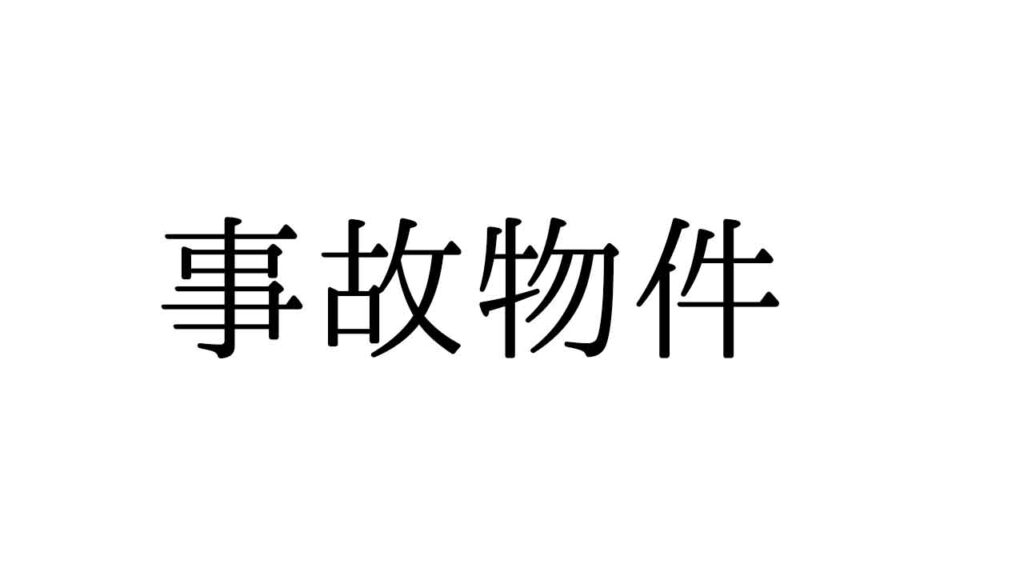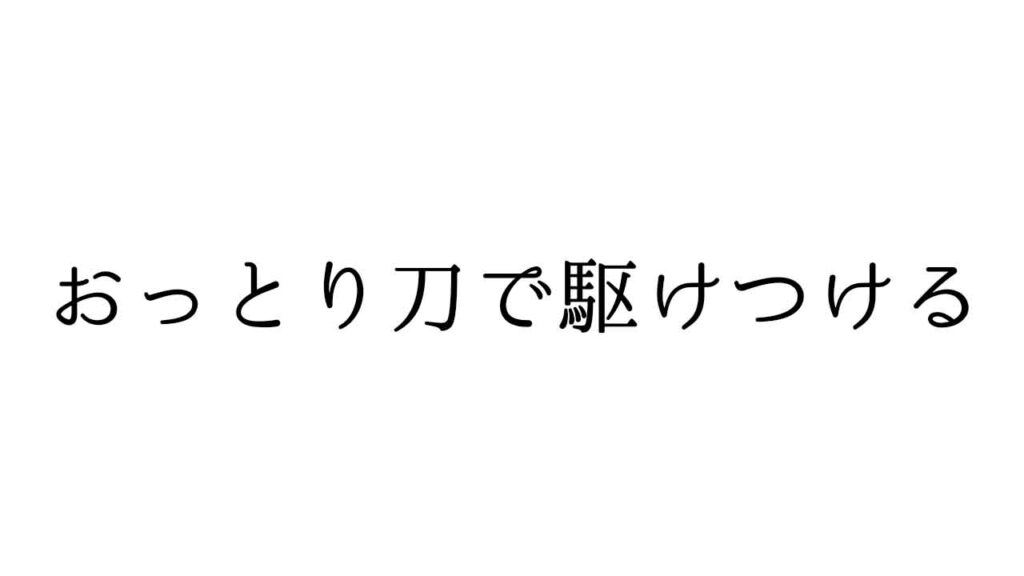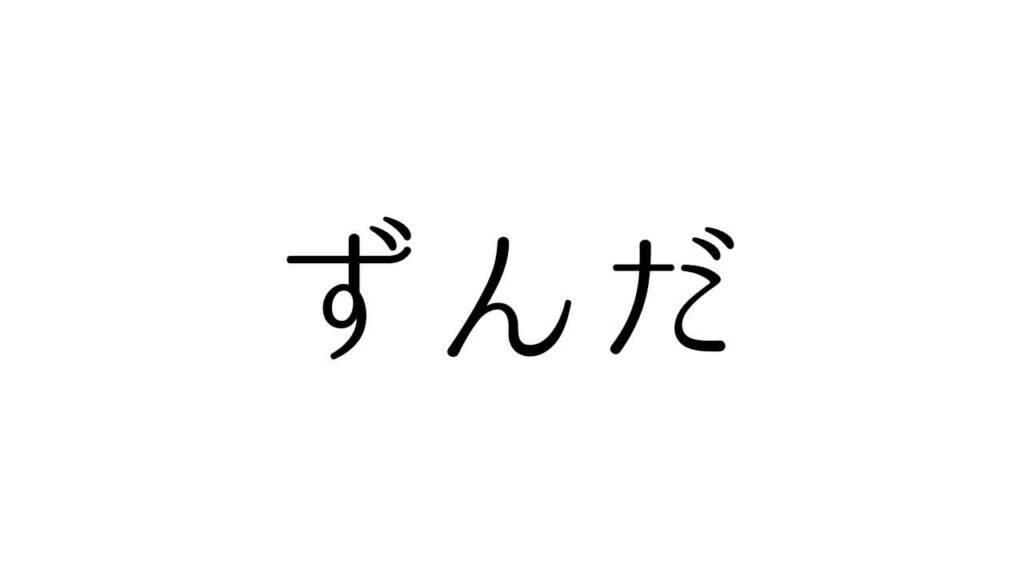What Is a Jiko Bukken?
In Japan, a Jiko Bukken (事故物件) refers to a property where an unnatural death has occurred — often through suicide, murder, or accident. While such properties exist worldwide, Japan’s reaction to them is uniquely intense. For many Japanese people, these properties carry a heavy psychological and cultural stigma that makes them difficult to sell or rent.
But why does Japan treat Jiko Bukken so differently compared to many Western countries? To fully understand, we need to explore Japan’s cultural beliefs about death, spiritual energy, and social harmony.
The Legal Side: How Jiko Bukken Are Handled in Japan
Disclosure Requirements
By law, real estate agents in Japan must disclose if a death occurred in the property due to unnatural causes — especially to the first tenant or buyer after the incident. This is classified as a “psychological defect” (心理的瑕疵, shinriteki kashi).
While laws vary slightly by region, agents typically must disclose:
- The nature of the death (suicide, homicide, accident, etc.)
- The approximate timing of the incident
- Any major incidents nearby that may also affect the property’s perception
Interestingly, after one successful tenancy without issue, many disclosure obligations no longer apply. This practice reflects the belief that the “energy” may dissipate over time or that any bad luck may have already passed.
Price Discounts
Due to their reputation, Jiko Bukken often rent or sell at substantially discounted prices — sometimes 20% to 50% below market rates. For budget-conscious renters, this makes them surprisingly attractive, especially in expensive cities like Tokyo or Osaka.
The Deeper Reasons Behind the Fear of Jiko Bukken
1. Japan’s Unique View of Death
Japanese culture carries a deep sensitivity toward death, influenced heavily by both Shinto and Buddhist traditions.
- In Shinto, death is seen as a source of spiritual impurity (kegare) that can disrupt balance and harmony.
- In Buddhism, souls who die in distress — such as suicide or murder victims — may become “hungry ghosts” (gaki) or restless spirits.
This leads to the widespread belief that negative spiritual energy may linger in spaces where tragedy has occurred.
2. The Influence of Kaidan (Japanese Ghost Lore)
Japan has a long history of ghost stories and supernatural folklore, known as kaidan (怪談). These tales often feature vengeful spirits (onryō) who haunt specific locations tied to their deaths.
- The cultural image of lingering spirits is deeply ingrained.
- Even modern horror films like Ju-On (The Grudge) and Ringu (The Ring) reflect this ongoing fear of cursed spaces.
Because of these beliefs, living in a place associated with death can trigger anxiety, superstition, or outright refusal — even if no paranormal events occur.
3. Social Harmony and Superstition
Japanese society places a high value on maintaining harmony (wa 和) and avoiding associations with misfortune.
- Neighbors may view a Jiko Bukken as unlucky for the entire area.
- Friends or family might discourage someone from living in such a place.
- Business partners or potential marriage prospects may subtly judge those living in stigmatized homes.
For many, living in a Jiko Bukken isn’t just a personal decision — it carries social consequences that extend into work, family, and relationships.
Why Some People Actively Seek Out Jiko Bukken
While many Japanese avoid Jiko Bukken, some people — particularly foreigners or those less influenced by superstition — view them as bargain opportunities.
- Substantial rent or mortgage discounts.
- Access to better locations that might otherwise be unaffordable.
- Lower competition for available units.
Additionally, Japan’s strict disclosure laws give buyers and renters full transparency to make informed decisions.
The Jiko Bukken “Cleansing” Process
Some landlords or religious specialists attempt to “purify” stigmatized properties through rituals:
- Shinto purification ceremonies (oharai) led by priests.
- Buddhist prayers or memorial services to honor the deceased and calm lingering spirits.
While not legally required, these rituals may help psychologically reassure potential tenants or buyers.
Western Perspective vs. Japanese Perspective
| Perspective | Western Countries | Japan |
|---|---|---|
| Legal Disclosure | Often limited or none | Mandatory (for initial tenants) |
| View of Death | Less spiritually charged | Deeply spiritual and superstitious |
| Impact on Price | Mild to moderate | Often substantial discounts |
| Cultural Narratives | Rarely affects community | Strong influence of folklore and social stigma |
Conclusion
Jiko Bukken are far more than just “haunted houses” in Japan — they reflect the country’s deep-rooted cultural views on death, impurity, and spiritual energy. While Westerners may approach them pragmatically, for many Japanese, these properties trigger fears of lingering spirits, bad luck, and social discomfort.
Yet for those who aren’t affected by these beliefs, Jiko Bukken offer a unique chance to live affordably in Japan’s competitive real estate market. Understanding this cultural nuance allows both locals and foreigners to better navigate Japan’s complex housing landscape — and gain insight into how Japanese society blends tradition, superstition, and modern life.


